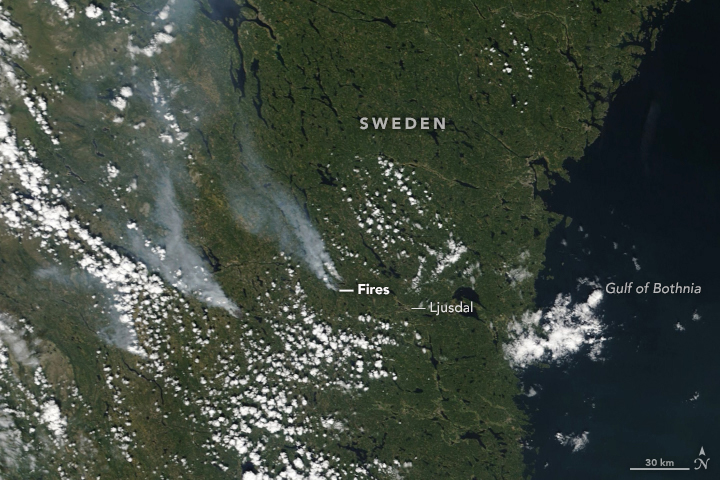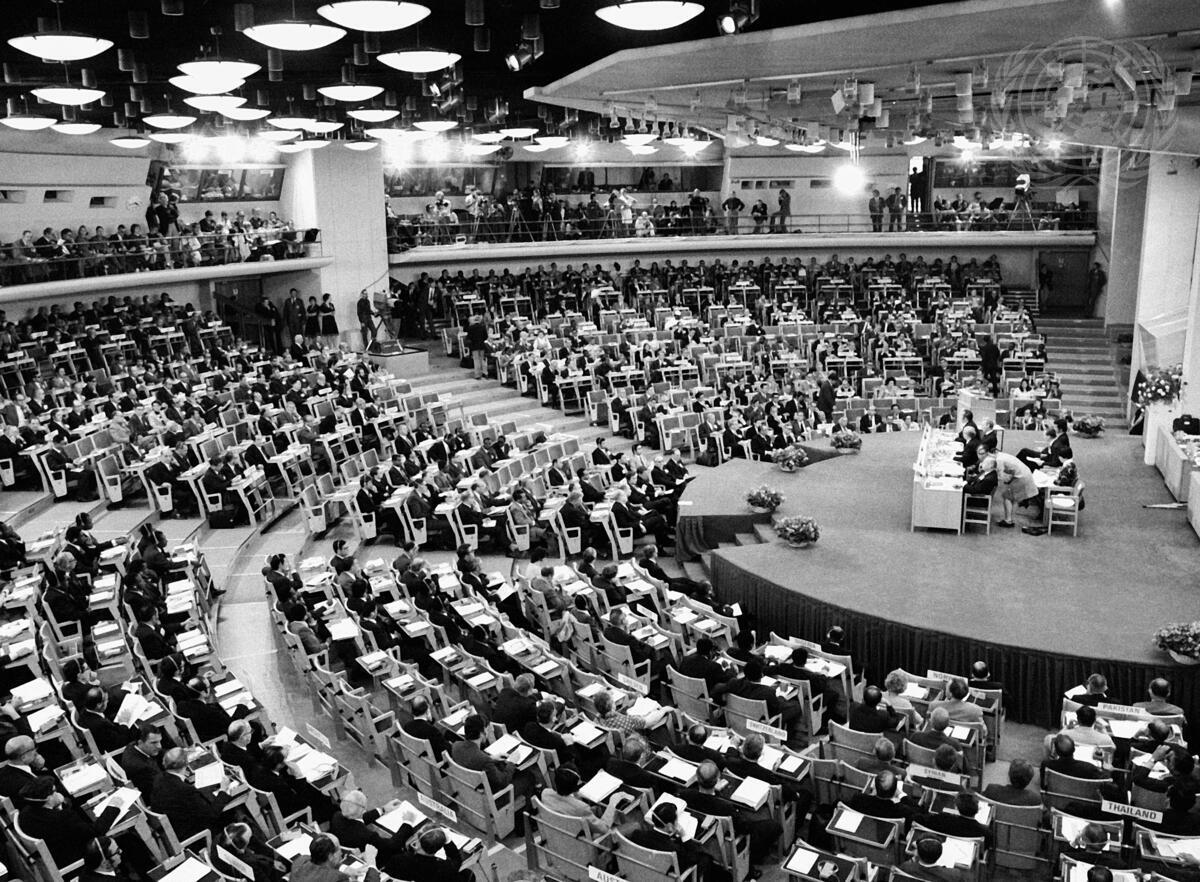"Enough is enough, politicians - take the climate crisis seriously"

In a debate article, published in the Swedish daily news paper Aftonbladet, 1944 researchers from 45 Swedish universities urges the politicians to take the climate crisis seriously and asks: What is it that you do not understand? Among the researchers who have signed the article are Marco Armiero, Arne Kaijser, David Nilsson, Sverker Sörlin and Nina Wormbs from the Division as well as several other people from the KTH. Read a translation of the article below.
Enough is enough, politicians - take the climate crisis seriously
1,944 Swedish researchers and employees in the research world: What is it that you do not understand? Published in Aftonbladet, Aug 25, 2022 (pictures added to the translation).
"As researchers and citizens, we are angry and dismayed by recent developments. We see how a majority of our political parties abandon climate policy and instead propose or implement policies that run counter to the Paris Agreement and Sweden's climate and environmental goals. Our politicians must take the crisis seriously and lead the transition to a future society within the limits of the planet. The research shows that such a future is possible.
A summer with life-threatening heat waves in large parts of the world. Deadly fires, prolonged droughts, warmer seas and extreme temperatures. Storms and floods. Major important rivers dried up, devastating effects for food production, trade and energy production. Forest fires like those in Sweden in 2018 can be linked to extreme temperatures and drought as a result of climate change , and far worse disasters are happening right now in many parts of the world. The list of serious consequences of climate change can be made even longer.

Climate change not only affects our well-being, but it is about our own and other species' survival and that civilizations are threatened. Thirty million people were already forced to flee in 2020 due to extreme weather events . At the same time, biological diversity is threatened, which reduces the resilience of ecosystems.
The research on climate and biodiversity clearly shows that the global crises in these areas are mainly linked to unsustainable consumption. Resource utilization is also extremely unequally distributed both between and within the countries of the world. Researchers and international organizations have pointed out that the world's richest tenth , which includes the majority of Sweden's population, and which account for approximately 50 percent of global emissions , need to change their lifestyle and drastically reduce their emissions. For that, a thorough restructuring of our entire society is required.
In the future, society will have to deal with several crises at the same time to an even greater extent. This requires cooperation, both within the country and internationally, with courageous, clear and strong leadership. Historically, Sweden has often appeared as a pioneering country. The UN's first conference on the human environment was held in Stockholm in 1972 at the initiative of the Swedish government and led to several important advances in the environmental field.
At the beginning of June this year, representatives from all over the world met in Stockholm to mark the 50th anniversary of the Stockholm Conference. Unfortunately, it was not a pretty picture of Sweden that was presented: reduced petrol and diesel tax, money for new motorway construction, proposals for a halved environmental budget, reduced funding for nature protection and reduced climate aid.
Many politicians see new technology as the solution to the transformation of society, but the research clearly shows that a large part of the transformation must take place by changing our behaviour: consume less, fly less, eat less meat. Both personal and structural changes are required. The world's researchers have highlighted this knowledge, first quietly and restrained in the way we are used to through scientific articles and reports, then more articulately and loudly in different contexts.
Now we want to roar: "What is it that you don't understand?"

The knowledge is clear and compelling. Courageous and strong leadership is required that takes the crisis seriously and dares to say that the situation requires everyone to take action. It requires new thinking, creativity and re-prioritization, that we refrain from things we have come to regard as self-evident and instead see new opportunities for a good life. Thoughtful trade-offs are required to achieve a transition that is fair. Politicians talk about technological development, but most are silent about the transition that must take place through lifestyle changes. Some politicians even openly deny that a transition to sustainable consumption is needed.
Most parties claim to have a climate policy, but at the same time the politicians continue to promise that everyone will get everything. The Swedish research network Researchers Desk has calculated the parties' climate goals , and the result gives a deeply depressing picture: six out of eight parties completely miss the Paris Agreement's 1.5-degree goal, where the justice aspect of the agreement is taken into account.
We have to believe that it is about blatant cluelessness, because the alternative would be for the politicians to ignore dealing with the climate crisis, or sell out to win votes in the short term. The pursued policy has received scathing criticism from the Climate Policy Council. As scientists, we are desperate, powerless and furious.
What does it take for you politicians to take the research and the crisis seriously?
Sometimes it is said that politics is incapable of crisis management and rapid change. It is neither consistent with historical research nor with contemporary experience. In connection with the covid pandemic, we saw powerful measures and a dramatic social change. This shows that change is possible!
At the Stockholm conference this June, UN Secretary-General António Guterres sharply criticized the paralysis of political action in the rich countries (article in Swedish):
"We must stop our senseless and suicidal war against nature. We know what we need to do and we have more and more tools to do it, but we still lack leadership and collaboration. Today I appeal to leaders in all sectors: lead us out of this mess.”

The situation is urgent – emissions continue to increase when, on the contrary, they need to decrease drastically. Now we appeal to ALL of Sweden's politicians: Put the climate crisis at the top of the agenda! Use the available scientific expertise, start by implementing the recommendations you have already received from the Climate Policy Council.
Treat the climate crisis as the urgent and life-changing crisis it is, and show strong political climate leadership!"
